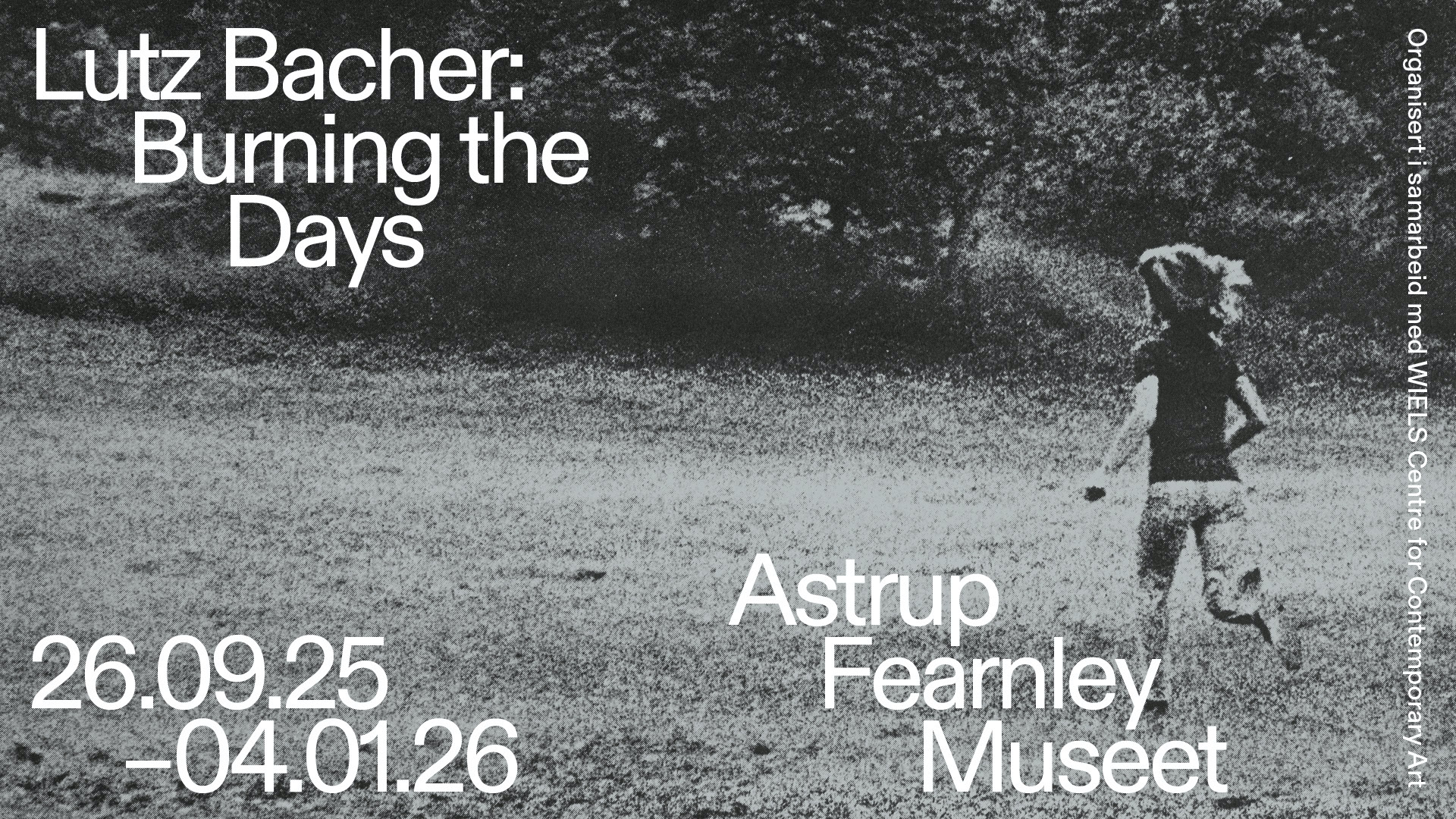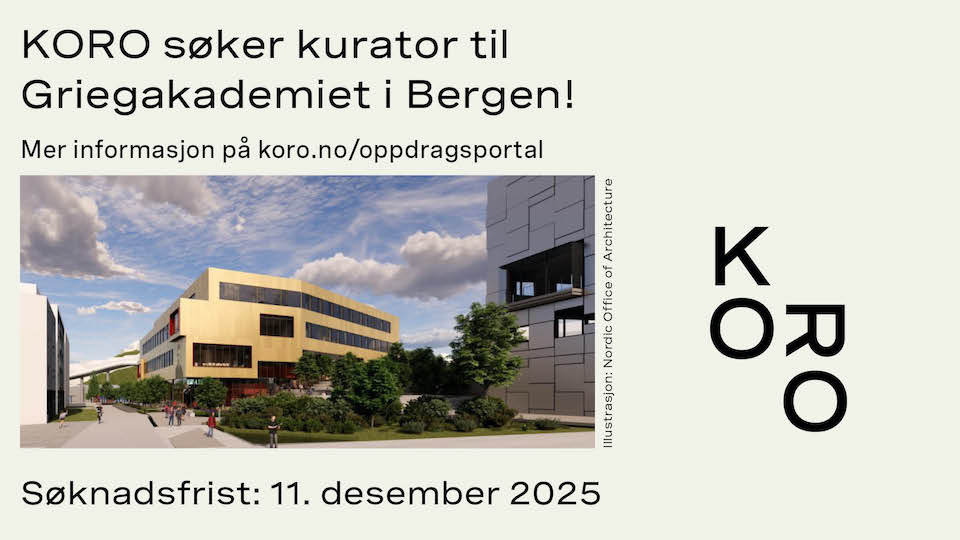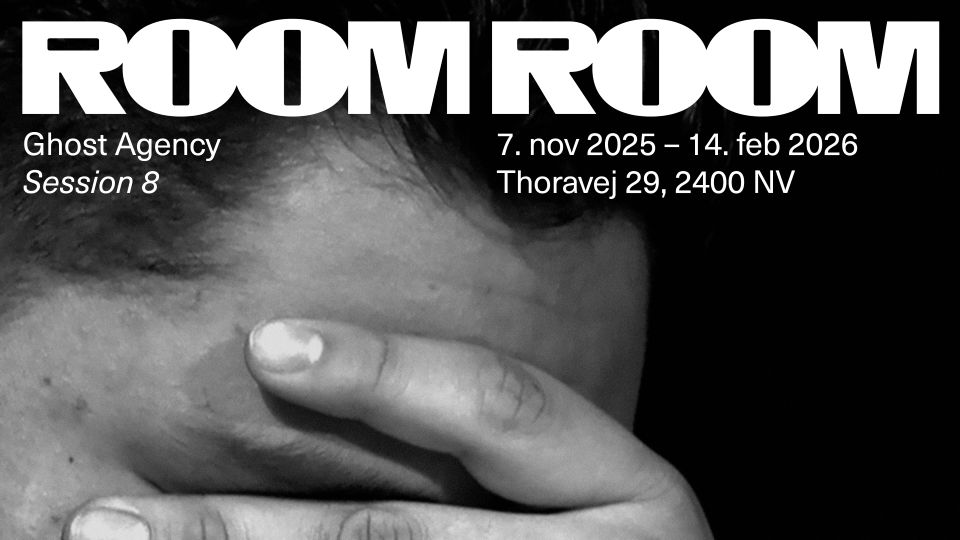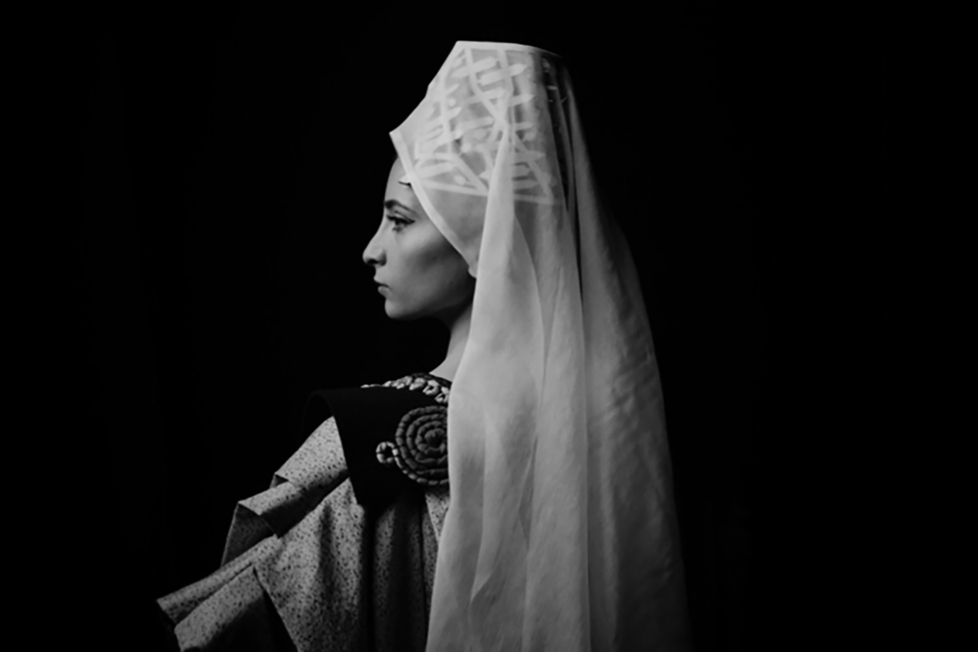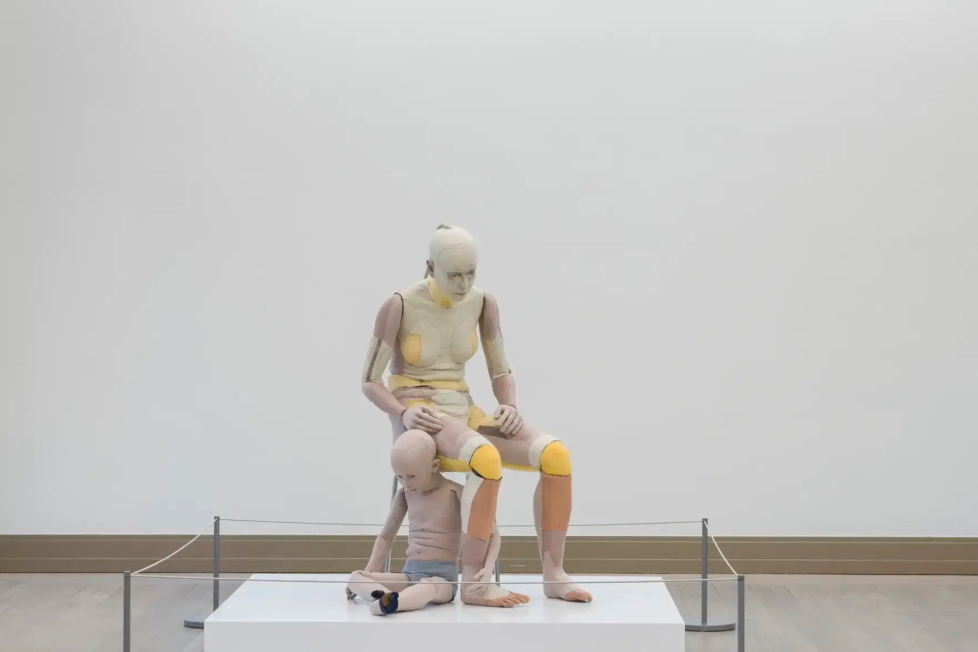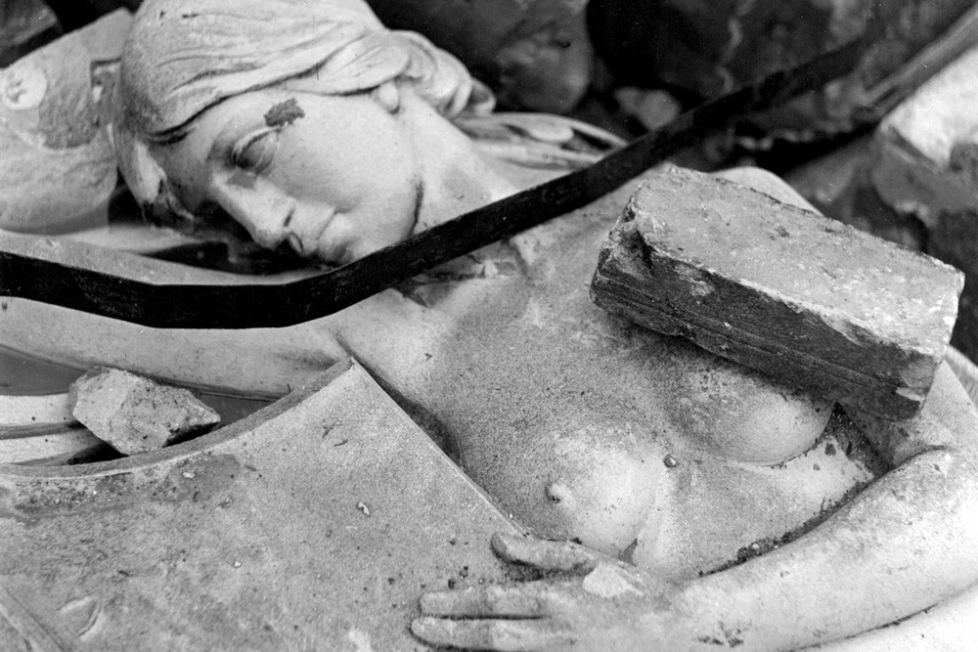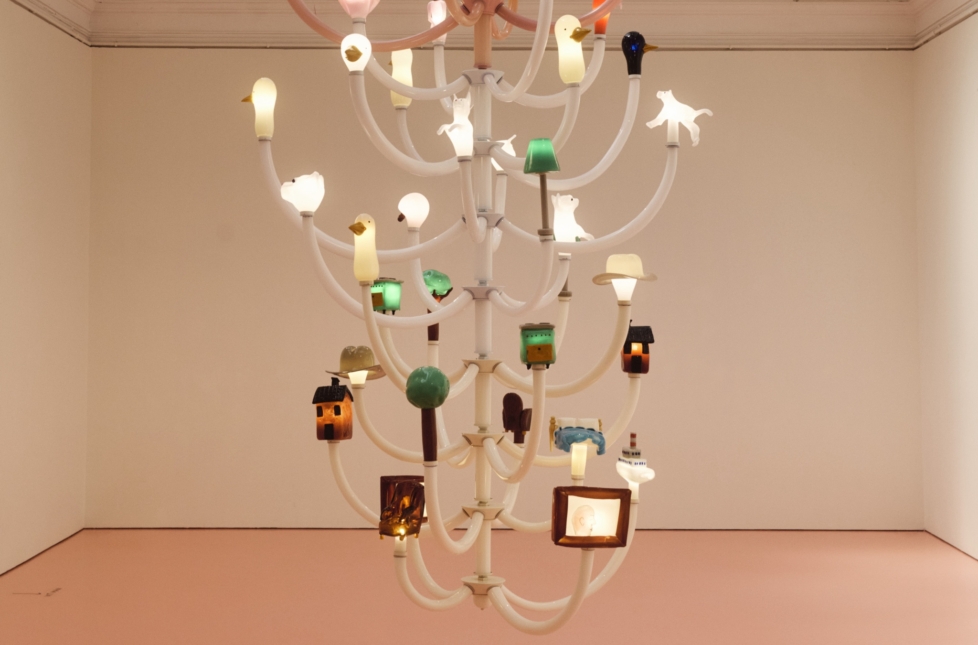
Yesterday, Thursday 24 February, the world woke up to a new war in Europe. After a long period of conflict and negotiations between Russia and NATO allies, President Putin scrubbed away whatever thin veneer of democratic respectability he wore and deployed Russian fighter jets and ground forces in a full military invasion of neighbouring Ukraine. At breakfast today, we learned that these forces have reached the Ukrainian capital of Kyiv. Large sections of the population are fleeing their homes.
Naturally, condemnations of the war and Russia’s blatant violation of international law have been quick in coming – not only from political quarters, but also from ordinary people around the world. Yesterday, many citizens convened in impromptu support rallies or showed their support for the Ukrainian people on social media. Around Europe and in the Nordic capitals, there were protest rallies outside Russian embassies yesterday, bringing together protesters from the entire political spectrum and involving the participation of Ukrainians and Russians alike. Particularly noteworthy were the protests in Russia, where large numbers of people defied the ban on demonstrating against the war. Obviously, large sections of the Russian population do not want this war either.
More initiatives and manifestations are planned in the time to come. Russian Nobel Peace Prize winner Dmitry Muratov, editor of the independent newspaper Novaya Gazeta, fears that events will escalate into a nuclear war. Norwegian national TV, NRK, reported him as saying that only the anti-war movement in Russia can save the world. He may have a point in that resistance inside Russia has the greatest potential to make a difference, but surely we also need a strong international peace movement. It is easy to feel powerless in the face of the madness of great powers, but in such situations it is crucial that everyone does what little they can.
What little we can do at Kunstkritikk is to devote space and attention to the matter. Today, we have postponed the publication of planned content in order to take in the dramatic situation, and to stand with the Ukrainian people and with artists and cultural workers in Ukraine.
In the field of art, several have already become actively involved. A group of cultural workers in Berlin started a petition, stating that “We, cultural workers in Berlin and other places, raise our voices to state that we stand strong and firm with Ukraine. We protest against the ongoing and escalating Putin-led Russian aggression against the people living in Ukraine.”
In a statement, the East Europe Biennial Alliance – a network comprising the Kyiv Biennale as well as contemporary art biennials in Prague, Warsaw, Budapest and Riga – urged the international art community to support the Ukrainian people by all possible means. More specifically, they called for a boycott of Russian governmental and oligarchic institutions in the sphere of art, while also issuing an appeal to nurture relationships with allies across national borders.
Here in Norway, the Young Artists’ Society (UKS) issued a statement proclaiming their solidarity with Ukraine and with friends and colleagues in the country. “Art and artists bring people together across borders. Aggression and occupation threatens the lives and wellbeing of millions of citizens after the unlawful invasion of Ukraine,” they wrote.
The team behind the planned Ukrainian pavilion at the upcoming 59th Venice Biennale posted a message stating that they will do what they can to realise the artist Pavlo Makov’s project, but that they are currently unable to work as their lives are in danger. They ended their message by extending an invitation to the international art field which seems an apt conclusion here:
“We call for the international artistic community to use all our impact in order to stop the Russian invasion of Ukraine. Guns may hurt our bodies, but culture changes our minds. This war is a clash of civilisations – a free and civilised world is attacked by the barbarian and aggressive one. If we continue being passive observers of the situation, we will lose everything we work for and all the heritage of our predecessors – art, love, freedom of expression, and the ability to create.”
